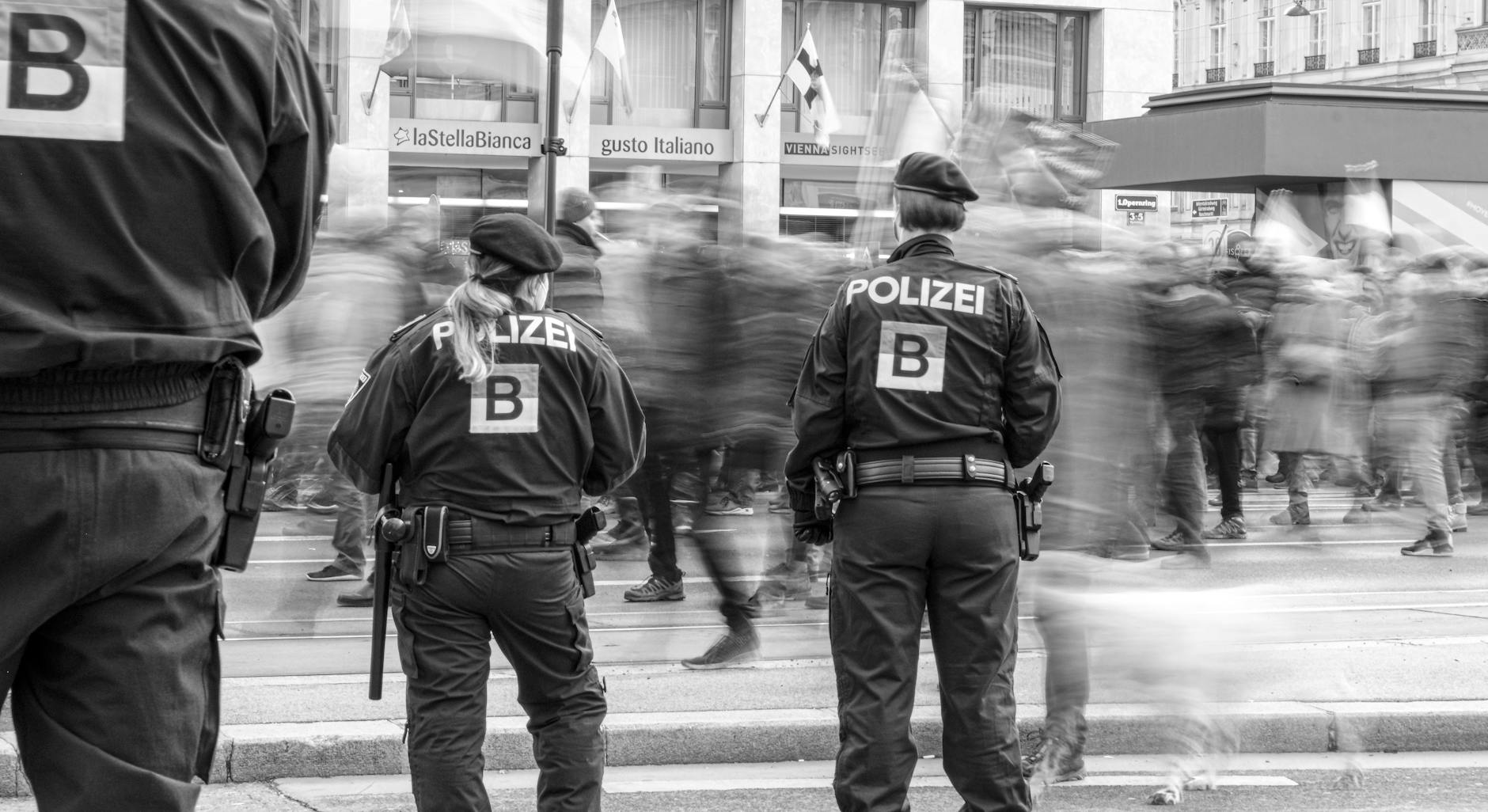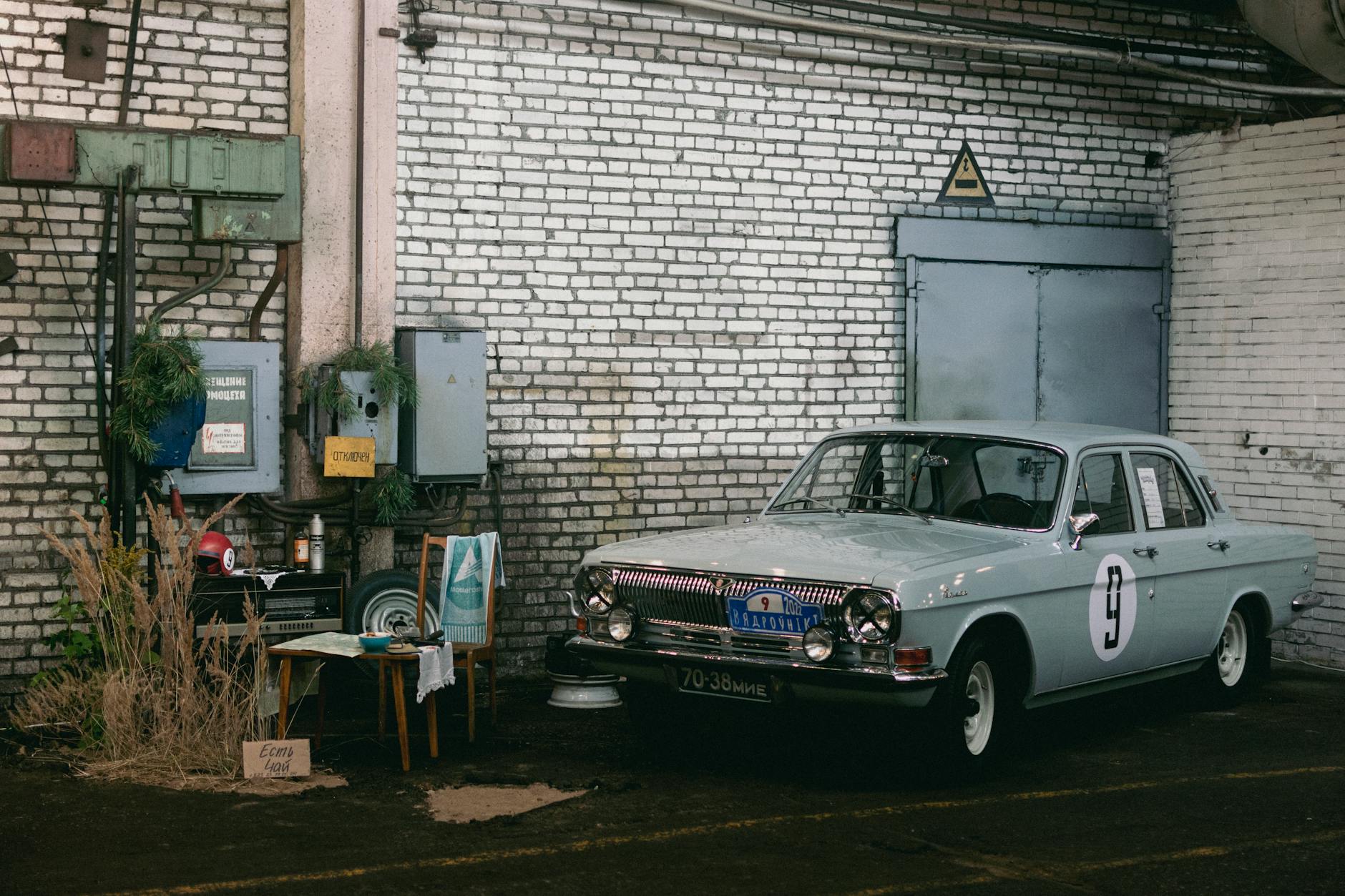How to Navigate Police Clearances for Filmmaking in Australia

Understanding Police Clearances
In the heart of Melbourne's bustling creative scene, nestled between screenings at the Melbourne International Film Festival, lies a less thrilling but necessary task for filmmakers—understanding police clearances. I get it; it's not as glamorous as attending a red carpet event, but when you’re interested in filming amid the urban tapestry of Melbourne or venturing into unique locations in South Australia, a national police clearance becomes essential.
Police clearances verify an individual's criminal history or lack thereof, providing peace of mind to various stakeholders, from government agencies to property owners. Imagine you’re about to film in a sensitive area; confirming that everyone involved is cleared can alleviate many logistical hurdles.
Now, there are different types of clearances tailored to regional needs. For instance, if you’re planning a shoot in places like Adelaide or Alice Springs, you might need specific clearances such as a police clearance SA or police check NT. Each region has its unique process, catering mainly to local legal requirements and circumstances.
Figuring out the right moment to obtain these clearances can be tricky. Ideally, aim to secure them well in advance of your scheduled start date. The process can take several weeks, and any delay could disrupt your project timeline. Plus, plenty of authentic experiences, like the engagement at ACMI (Australian Centre for the Moving Image), await individuals who plan meticulously.
Application Process
Gathering Required Documents
Preparing for a police check may seem daunting, especially if it's a step unfamiliar to many in creative industries like filmmaking. However, much like meticulously curating an exhibit at ACMI or planning the next layout in the creative spaces of Collingwood Yards, obtaining a police clearance involves understanding the essential items you need. Start by gathering primary identification documents such as your passport or driver’s license. These foundational documents are crucial to ensure your identity is verified.
Next, secondary forms of ID, like a bank statement or a utility bill, are typically required to confirm your residential address. This process is quite similar to designing a set—every piece must align perfectly for the best outcome. Additionally, having personal details on hand, including past residential addresses, helps expedite the police check process, ensuring there are no gaps in your documented history.
Step-by-Step Guide
A structured approach can simplify the process. Following these steps will ease the burden:
- Collect Identification Documents: As mentioned, ensure you have both primary and secondary identification ready.
- Fill Out Application Forms: Many services offer online applications, benefiting those with busy schedules like yours.
- Submit Application: Most submissions can be done online, saving you the time and effort of visiting a physical location.
- Pay Processing Fee: Ensure that all associated fees are paid promptly for seamless processing.
Online vs. In-Person
Navigating whether to apply online or in person depends on your preference and schedule. Online applications often offer convenience and faster processing times, which can be advantageous if deadlines loom over you like an upcoming film festival premiere. Conversely, in-person applications allow for personal interactions, which some find reassuring when dealing with sensitive information. Regardless of the method, ensuring that the process is straightforward will empower you to focus more on your creative pursuits.
Navigating State Requirements
New South Wales Guidelines
When filming in New South Wales, embarking on a creative project involves more than just rolling the camera. Understanding state-specific requirements like police checks can play a vital role in smoothly executing your plans. Often in bustling hubs like Sydney, filmmakers must comply with regulations surrounding police checks, particularly when access to restricted locations is necessary. In NSW, the process is generally straightforward, with an online application available that streamlines acquiring approvals so crucial in fast-paced production environments.
Victoria's Unique Procedures
Exploring filmmaking in Victoria presents compelling opportunities, but requires familiarity with distinct regional protocols. Shooting locations like the Melbourne International Film Festival carry a creative charm that draws many like Liam, our hypothetical filmmaker. However, being acquainted with the police check ACT applicable in Victoria is essential. This dictates adherence to specified procedures when documenting sensitive projects, ensuring all requisite clearances, like police checks, are in place to avoid unnecessary delays. Knowing these specifics beforehand allows filmmakers to navigate bureaucratic channels, focusing their energy on authentic storytelling.
Other States' Regulations
The allure of Australia's diverse landscapes beckons filmmakers to also consider states like South Australia, where varying regulations exist. For instance, obtaining a police check SA becomes a crucial undertaking when filming in certain sensitive spots. Understanding these state-specific regulations ahead of time relieves potential burdens on your shoots, ensuring every detail, down to the fine print, is efficiently covered. As you operate in these various domains, the seamless incorporation of police checks and other necessary clearances make every creative venture not only legally compliant but also artistically enjoyable.
Overcoming Challenges
Common Hurdles
Navigating the world of police checks might seem like a daunting task, especially if you're set amidst the vibrant creative spaces of Collingwood Yards, capturing Melbourne’s unique stories. One common hurdle is understanding the specific requirements for a national police check QLD or the processes involved in a police check online. These challenges can often create a bottleneck, delaying your project timelines.
Tips for Timely Processing
To ensure efficient processing, it's advisable to double-check all information before submission. Ensure your ID documents are in order, and keep electronic copies for quick upload if you're applying online. This attention to detail can help you sidestep potential rejections or delays. Furthermore, using accredited online platforms can expedite the process significantly, reducing wait times and adding convenience to your routine.
Dealing with Delays
If you encounter delays, it's crucial to stay proactive. Contact the relevant authorities to understand the hold-up. Often, small errors can cause significant setbacks, so reviewing the application thoroughly—as you would while editing a film—can minimise these risks. Engaging with your creative community might also offer insights or suggestions on streamlining the process.
Embrace the mindset of a committed filmmaker adapting to various challenges. Whether you're familiarising yourself with regulations or addressing unexpected delays, every step taken is a stride toward refining your craft, much like perfecting the final cut of a film piece.
Best Practices
Maintaining Consistency
Consistency is your backstage pass to smooth sailing in the world of police checks and clearances. Think of it like the seamless continuity in your favourite indie film, where every detail aligns to create a coherent masterpiece. Regularly updating your documents and understanding the nuances of each state’s regulations can be as pivotal as knowing your camera angles at the Melbourne International Film Festival. This ensures that no plot holes in your paperwork slow down your creative journey.
Leveraging Community Insights
Immerse yourself in the vibrant culture of Collingwood Yards. It's a treasure trove of insights waiting to be gleaned from fellow creatives who’ve navigated these very waters. Networking events and workshops at ACMI offer opportunities to exchange stories, akin to film scripts in progress, and provide novel perspectives on handling police checks for employment. Sharing experiences not only enriches your understanding but also fosters a sense of community empowerment, transforming the bureaucratic maze into a collaborative art project.
Preparing for Future Projects
Project timelines can be unpredictable, like the twists and turns in a suspenseful screenplay. Hence, anticipatory preparation is key. Keeping a checklist handy will help you ensure all required documentation is at your fingertips, just as a storyboard guides a filmmaker to their vision. Envision your future projects, whether they require an international police clearance or local vetting, and prepare accordingly. This foresight ensures that the creative expression and logistics dance in harmony, rather than tumbling into chaos.


